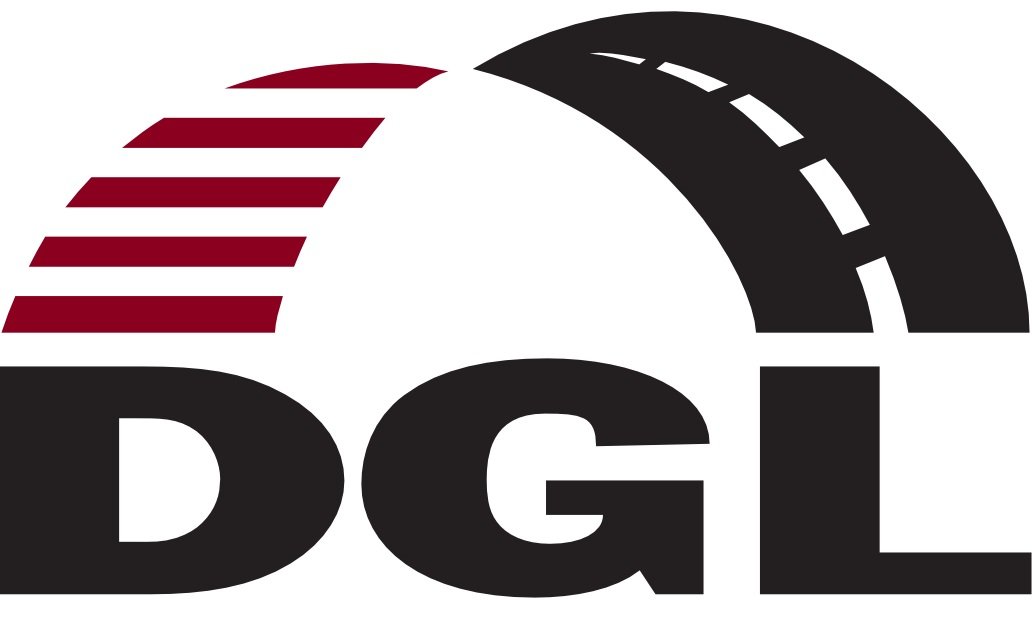GIS Services at DGL Consulting Engineers
/As communities have continued to embrace technology, more and more have begun employing their own geographic information systems (GIS). GIS has proven to be effective at informing the decisions of leaders when they manage community assets. What makes this tool so useful is the ability to more accurately weigh historical data with the latest information. The digitization of a community offers a greater understanding of opportunities available to help manage and solve potential problems.
DGL was able to merge the skills and knowledge of our in-house transportation personnel with the addition of a planner with strong GIS capabilities in late 2021. This addition to our team allows us to enhance our existing services with a unique planning perspective. In just over a year, we have been able to develop specialized GIS maps for clients while also developing our own DGL GIS Projects Map. This map is just one example for our clients of the value GIS can bring to their communities and projects. The DGL GIS Projects Map currently details the last five years of survey work throughout Ohio and has proven to be an excellent organizational tool for accurately logging and locating work history, making the research process faster and more thorough than before.
A GIS consists of five distinct components:
Hardware
Software
Data
The people involved
The methods employed
Any GIS implementation will include hardware, software, and data, but success comes from the people involved and the methods employed. The right people will be able to accurately determine the methods that will be consistent with the scope of work, budget, and the particular needs of the end user. A comprehensive GIS is a long-term investment and the right consulting partner isn’t just someone who is capable of setting up a GIS system. You’re looking for a long-term partner who is invested in your community.
At DGL our network of experienced planning, traffic / safety and transportation professionals can apply their expertise in your community. Giving you the guidance and information needed to make the right decisions as a leader.
Ways DGL can implement GIS:
Mapping
Planning / Transportation planning
Asset Inventory
Resource management
Informed decision making
Research
Trends
Survey
Comparison of current and historical data
Wastewater and stormwater management
Impact Studies
Terrain Mapping
The use of GIS should be simple and intuitive, built directly into your practices and easily incorporated into your decision-making processes. Let us know if we can help you launch a GIS program or manage and optimize your existing program.

